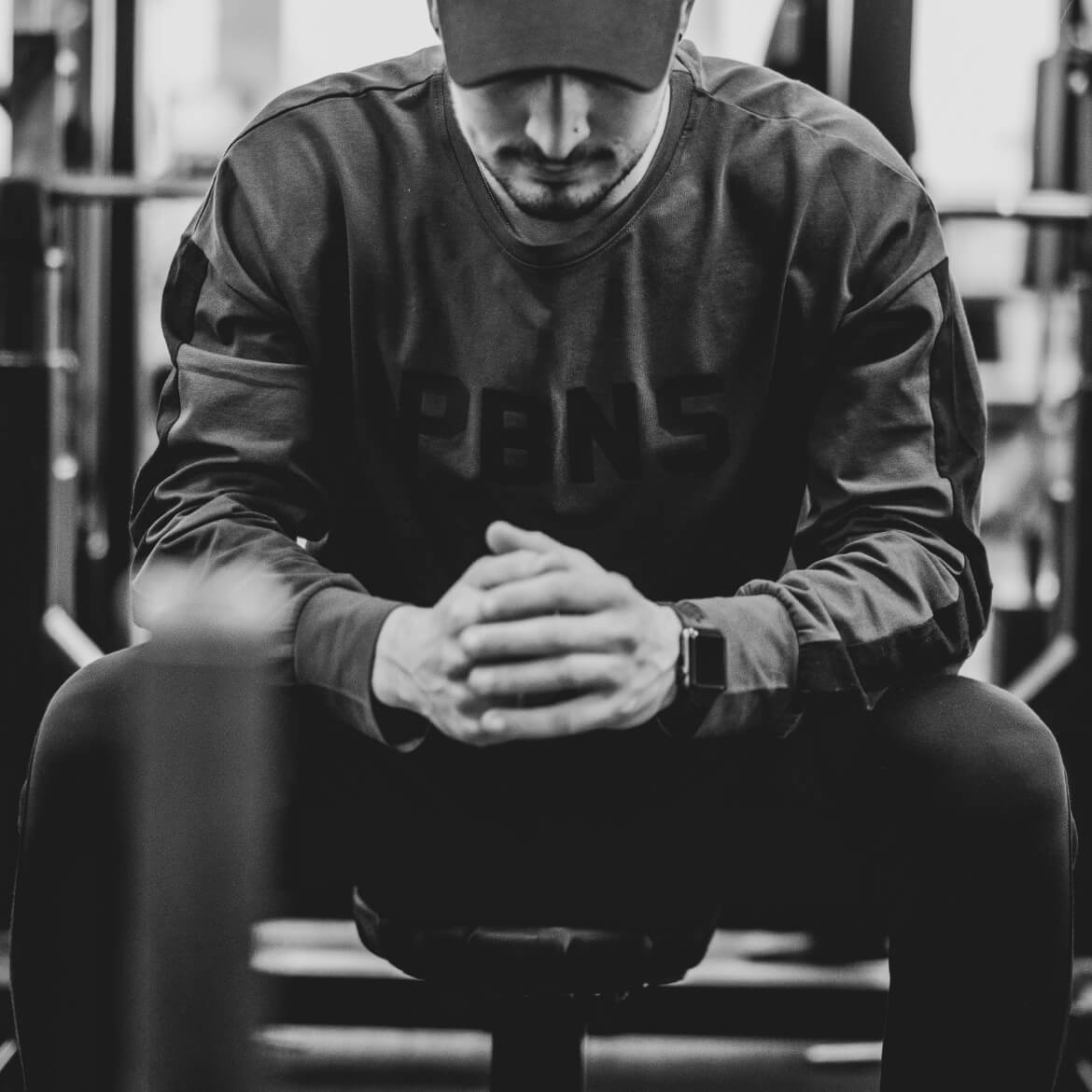7 Ways to Prevent Lower Back Pain & Injuries
1st Feb 19

Lower back pain and injuries are never a good thing. They are one of the most detrimental injuries you can suffer both in and out of your training, putting a huge barricade on daily life. Few things are more debilitating and can have severe, long-lasting effects.
You can incorporate several ways into your daily life to help make sure that you are protecting your back, as long as you know what you are doing. We’re here to run through some of them with you.
Want to move fast? Jump to the right section below.
- Exercise
- Stretching
- Posture
- Don’t Sit For Too Long
- Don’t Over-Exercise/Strain Yourself
- Relaxation Therapy
- Take The Proper Precautions
Exercise

First, we have exercising. Exercise is a great way to keep yourself in the best possible shape. You can make sure that your muscles are strong enough to support yourself in almost any situation, from training accidents through to protecting your bones and joints, even from accidents.
Lower back exercises aren’t too difficult to come by, either. You can do many different things at home or the gym to give yourself that extra strength that is essential to your safety. Take a look at some of them here.
Stretching

We also have stretching on the same sort of lines as we mentioned above. Stretching is an unbelievably effective way to keep your muscles working as they should be. It improves blood flow and circulation and keeps your muscles doing what they should be to prevent any strains or pulled muscles.
Your flexibility will improve dramatically over time, and you may even find that you feel more agile in different daily activities. Just taking 5-10 minutes daily in the morning can be enough to give you that edge.
Posture

Your posture is something that is going to affect your whole body in some way or another. Whether you think that your posture is perfect or if you are constantly hunched over, there are ways you can improve and keep yourself safe.
One of the easiest ways to do this is to focus on the way you stand or walk. Actively concentrating on how you’re positioning your body can make all the difference and help you to keep things where they should be. The longer you leave it, the worse it gets – and the easier it is for you to start feeling the long-term effects it can have on your back.
Don’t Sit For Too Long

While we’re on the subject of posture, your sedentary lifestyle can also severely impact your lower back. If you spend a lot of time sitting down, either at work or at home, your lower back is going to become underdeveloped unless you do something to fight it.
You can take many routes to help yourself out, from using apparatus that you can put on your chair to ensure that you’re sitting correctly to standing workstations and even just using stools rather than chairs to force your spine to support itself. You’ll thank yourself for it in the long run.
Don’t Over-Exercise/Strain Yourself

While exercise will always be something that we are keen to advocate for, it is crucial that you don’t over-exert yourself. Training is almost addictive once you get into the swing of things, and if you put too much strain on your body, you’re likely to feel the adverse side effects over time. Your lower back is no exception to this.
Make sure that your back is strong enough to support itself during any exercise you find yourself doing, and don’t overwork any particular muscle. You need to be taking proper recovery time away from your training and keeping your training balanced so that no area is becoming overworked. Plan your fitness correctly, and you’ll do just fine.
Relaxation Therapy

Relaxation therapies are a fantastic way to deal with any damage you may have done by accident without even knowing about it and remove any stress or tension that may have been building up. They even prevent the injuries from happening in the first place, so they are well worth considering.
The most common forms of these are mostly centred around therapeutic remedies. Massages are always good to go to as long as they are done safely and correctly by a professional. They will keep you limber and fresh, as well as helping you find any problem areas. Other things like ice baths or even essential oils can do similar things on a smaller scale.
Take The Proper Precautions

Finally, you need to ensure that you’re doing everything possible to prevent anything terrible from happening to your back. Again, everything on the list is essential to support this, but your specific choices in and out of your training will do the same.
Make sure you are using the right equipment when exercising, like proper training shoes, perfecting your technique when exercising, and making a note of your bad habits that will take their toll in the long run. Prevention is always better than remedy.

Before beginning any exercise or nutrition program, consult your physician, doctor or other professional. This is especially important for individuals over the age of 35 or persons with pre-existing health problems. Exercise.co.uk assumes no responsibility for personal injury or property damage sustained using our advice.
If you experience dizziness, nausea, chest pain, or any other abnormal symptoms, stop the workout at once and consult a physician or doctor immediately.









